May ’68 in Literature and Theory: The Last Season of Modernism in France, Slovenia, and the World
About the project
Project code: J6-9384, basic research project
Duration: 1 July 2018 – 30 June 2021
Project leader: Marko Juvan
Financed by: ARRS, Slovenian Research Agency
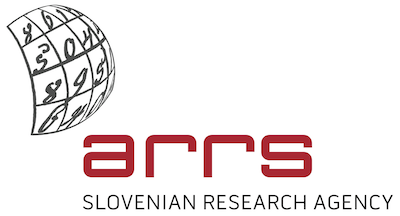
Range: 1,72 FTE
Project team: dr. Marijan Dović, dr. Jernej Habjan, dr. Andraž Jež, dr. Marko Juvan, dr. Alenka Koron, dr. Mojca Šorli, dr. Andrejka Žejn, Lucija Mandić (all ZRC SAZU Institute of Slovenian Literature and Literary Studies), dr. Aleš Gabrič (Institute of Contemporary History)
Research collaborators: dr. Varja Balžalorsky Antić, Andrej Tomažin, dr. Tomaž Erjavec (IJS), Joh Dokler; students Ana Jarc and Nataša Šušteršič; design concept: Boštjan Pavletič (Rostfrei, d.o.o.)
Key words: student movement, modernism, neo-avant-garde, theory and literature, world-system, 1968–1972
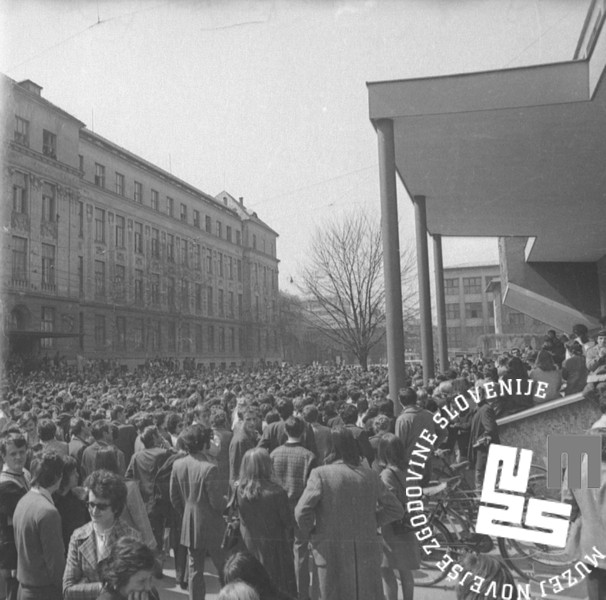
1 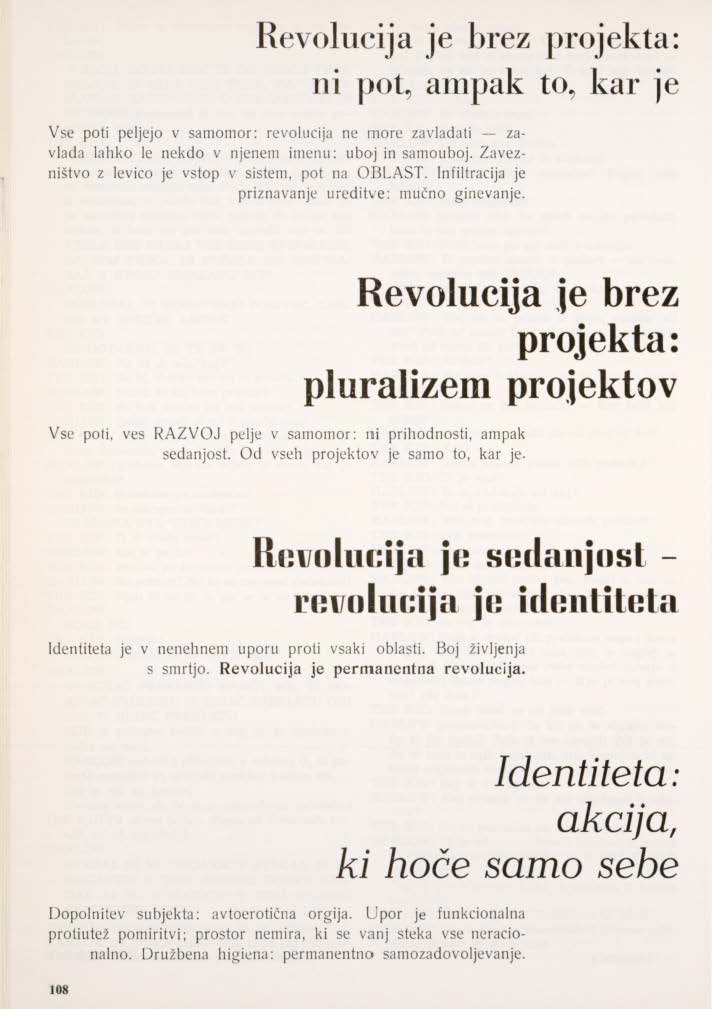
2 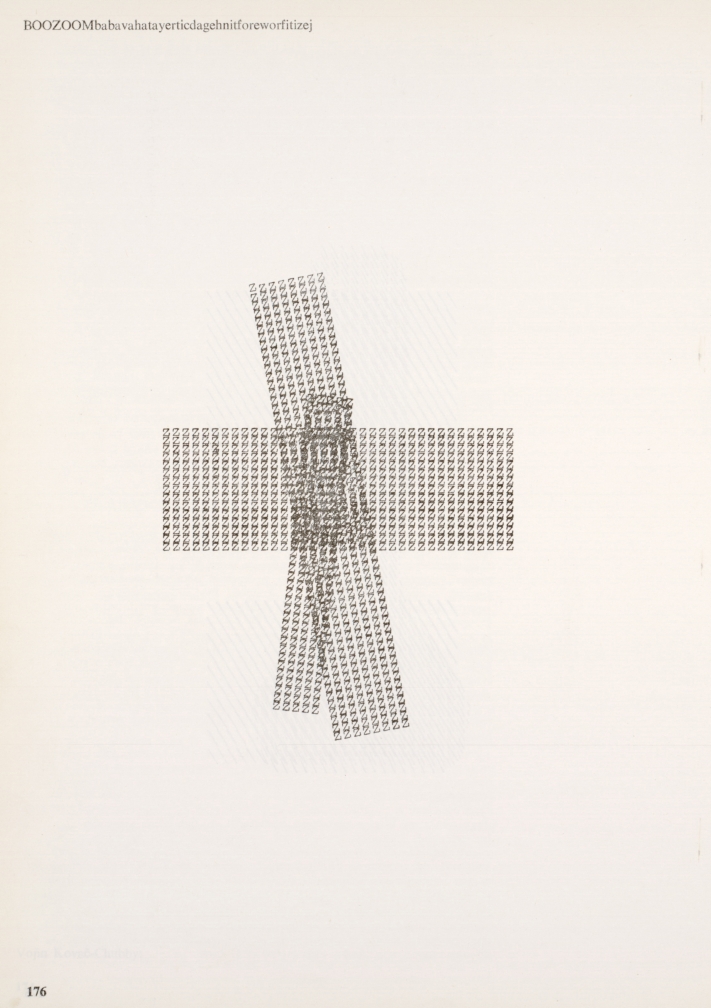
3
Picture 1: Student protest in front of the Faculty of Arts, Ljubljana (photo: Edi Šelhaus; source: Museum of contemporary history Ljubljana)
Pictures 2, 3: Problemi – Katalog, July – August 1968: Rastko Močnik and Vojin Kovač – Chubby
Summary
The proposed research project will intervene in the study of the global student and labour movement that erupted in May 1968 by systematically analyzing two so far neglected but key aspects: the dimensions of the literary and the semi-peripheral. It will analyze how critical theory and late modernist, neo-avant-garde literature were related to these protests, which, opposing institutional politics of the late sixties and early seventies, struggled for the socio-economic transformation of both the capitalist world-system and its second-world socialist alternative.
Neo-avant-garde literature and theory broke with both the bourgeois and the socialist version of the institution of art, including the respective canonical interpretations of literature in mainstream humanities and the school apparatus. Thus, literature and theory, regardless of their differences ([post]structuralist theory’s antihumanism vs. literature’s postexistentialist individualism), opened the possibility of taking the utopian-transformative impulse from the realm of thought into political action, and from concepts and aesthetic feelings into everyday life. The project will compare developments in capitalist Paris, the core of the modern literary world-system and the global exporter of theory, and socialist Ljubljana, a literary semi-periphery that nevertheless kept up with France by producing a theory that came to be recognized worldwide (the Ljubljana School of Lacanian Psychoanalysis), and a literary and artistic neo-avant-garde that, together with other contributions from the global (semi-)periphery, revitalized the immunized modernism of the Western core (e.g, the ludism and conceptualism of the OHO group).
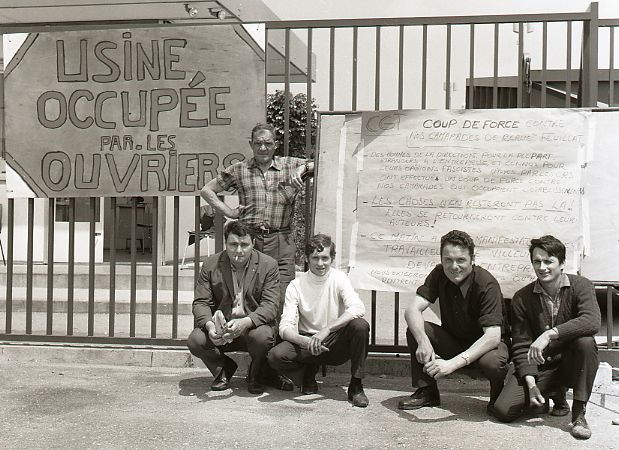
4 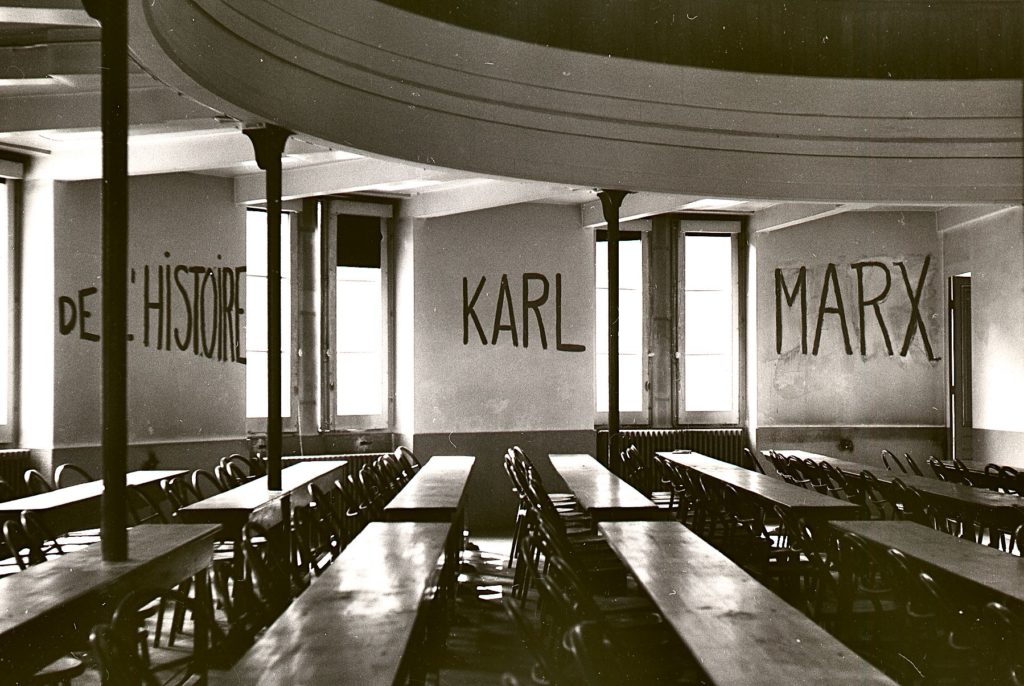
5 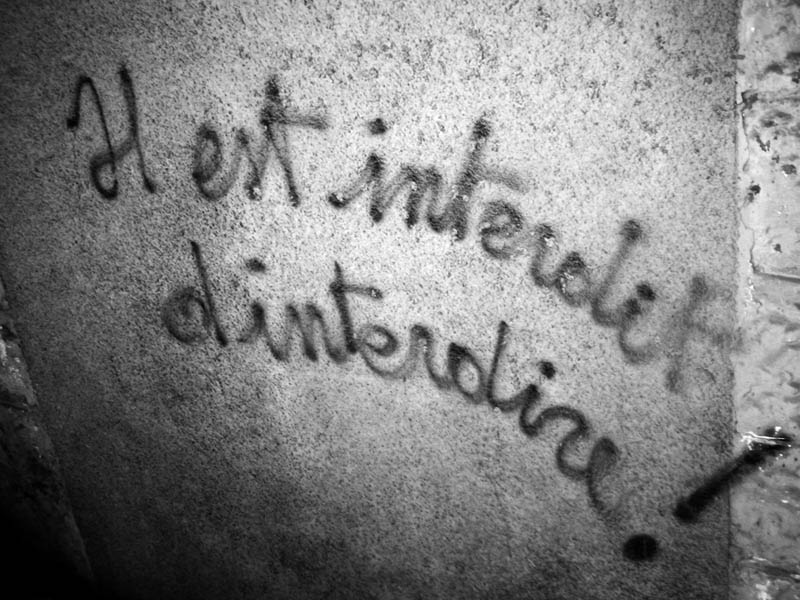
6
Picture 4: Five workers outside the occupied factory in the south of France, June 1968 (Photo: George Garrigues; source: Wikipedia)
Picture 5: Classroom at the University of Lyon, May 68 events (Photo: George Garrigues; source: Wikipedia)
Picture 6: “It’s forbidden to forbid!” Paris, 1968, a Situationist slogan (source: Wikipedia)
The project starts from the hypothesis that in Slovenia, a republic of the non-aligned and self-managed socialist Yugoslavia, the critique expressed or inspired by the student movement in the United States and Western and Eastern Europe has, perhaps more clearly than anywhere else, shifted from the political field to the field of culture and literature. When the last phase of modernism faded together with the student and labour movement, postmodernism in aesthetics and neo-conservatism in politics followed in the core of the world-system. In Slovenia and other Yugoslav republics, the last season of modernism was followed by the socioeconomic and cultural crisis of the self-management experiment, the bloody disintegration of the federation, and the emergence of independent successor states. The project will answer the question of how the conjuncture of 1968, whose struggle to transform the world seemed to have failed, led to the that of 1989, which indeed transformed the world by announcing the end of the utopia that had inspired 1968. To this end, the project will produce and, applying the most advanced approaches in digital humanities, analyze the archive of Slovenian literary and theoretical production of the period. The focus will be on the question of transformations in four distinct yet closely interconnected social spheres: the national and literary language; the relationship between literature and visual and performing arts; the generational structure of the public sphere; and the patriarchal structures of post-war society.
